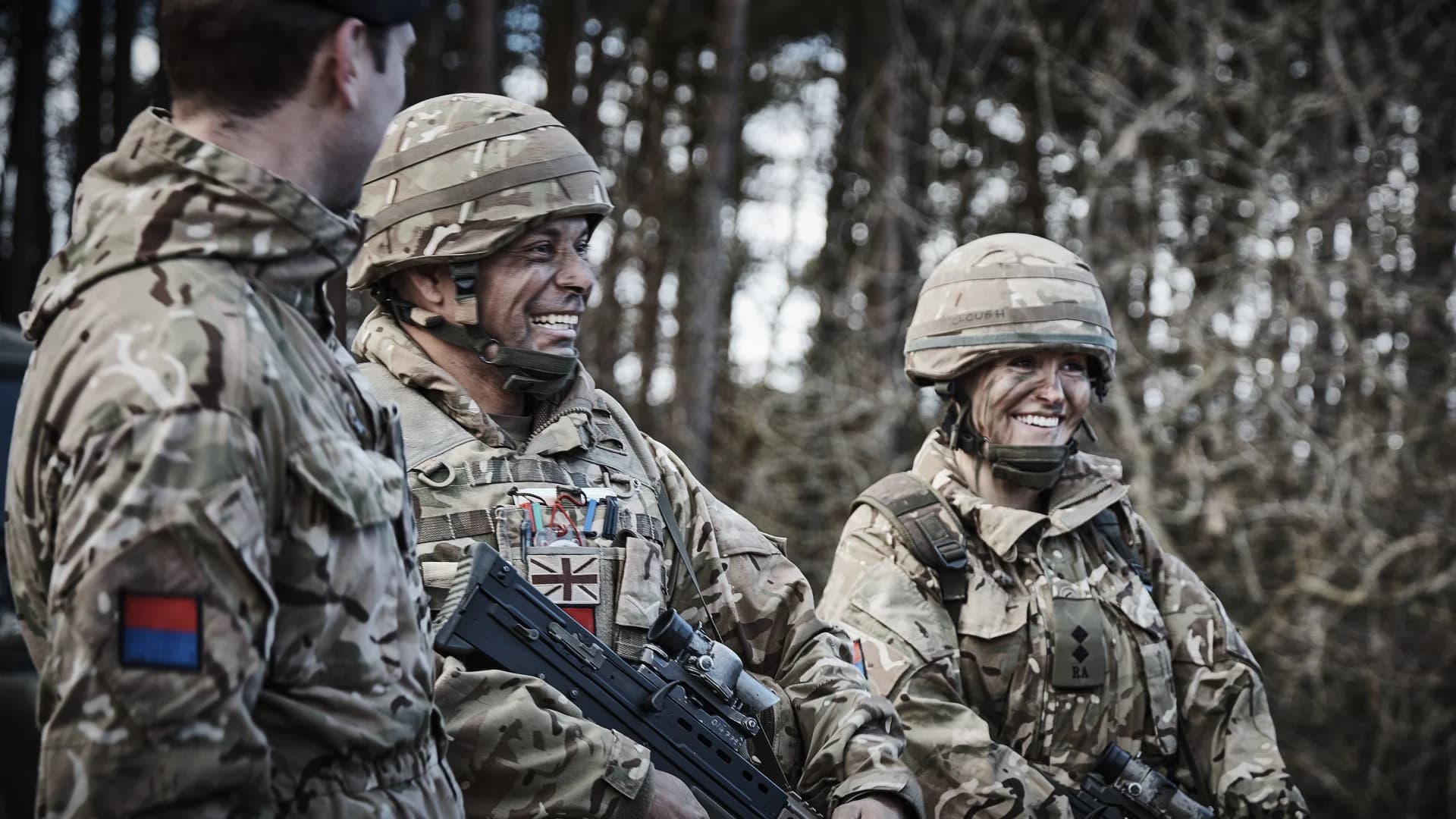
What is the career path of an army doctor? How many years does it take to reach consultant/specialist level?

Additional information
I’m currently a medical student, planning to apply for the student bursary in coming months. I am very keen to join the army and would also love to progress in my career as a doctor - I’m particularly interested in anaesthetics and hope to become a consultant one day. I would love to hear about the training time to get to consultant level if I were to stay in the army for my whole career and whether the pay compares to civilian/NHS colleagues. I have always wanted to join the army, and was just looking for some reassurance as many of my fellow medical students seem to think that I would not be able to ever become a consultant/it would take me a very long time to get there! I read on your page that you have to take 3 years between FY2 and specialist training - does specialist training then take the same 8 years it would take for NHS colleagues? Thanks so much in advance for your answer! PS It’s been so amazing to read your profile - as a woman hoping to apply, I was aware that there is a disparity in the numbers of male and female army doctors and it has been very inspiring reading about your achievements and experiences.
Em G. asked a question to Tori C.
Category: Role Description
Date asked: Sunday, September 6, 2020
Last reviewed: Wednesday, May 19, 2021

Tori C.
Regimental Medical Officer
Hi Em,
Firstly, thank you for your kind words! I've found the army doctor community a lovely supportive place to work.
You are correct in that we take 3 years between FY2 and specialist training, and then yes, our specialist training is the same as our NHS colleagues. As with the NHS, you may choose to extend your training time to do fun/interesting things along the way, but if you want to just get through it, you can do that as well. Our training time is strictly protected, so you won't get taken out of training for other tasks.
In regards to anaesthetics, at the moment we usually have a couple of training spots a year, this will vary from time to time depending on a whole host of factors (how many anaesthetic trainees we have, how many consultants are thinking of retiring, budget cuts etc...). In the last few years it hasn't been a particularly competitive training post in the Army, GDMO tends to sway lots of people towards General Practice and that is probably our most competitive specialty at the moment.
Pay is generally better for military trainees. I'll admit my knowledge of how our NHS colleagues get paid is pretty hazy since the new contract came in, but our pay is fixed (it won't change if you do more/less on calls etc..). If you go to the following link it will give you our current pay scales.
https://assets.publishing.service.gov.uk/government/uploads/system/uploads/attachment_data/file/907507/CCS207_CCS0520587976-007_00_AFPRB_2020_Aug_Amend_E-Laying.pdf
Start on page 77 with table 1.17 - this is your salary from the end of FY2/start of your commissioning course, it goes up a level each year.
When you finish ST3 you will promote and so move onto table 1.15 (ignore 1.16), you start at level 1 and then go up a level each year.
Scroll up to page 75 and look at table 1.13, this is the consultant pay scale. You do not start at level 1 here, you start at whichever level you got to on table 1.15. So for anaesthetics you will have done another 5 years after ST3, so should be on level 5. Therefore as a consultant you will start on level 6. Or at least this is how someone explained it to me! I'm a GP trainee and ours works a bit differently!
Something else to remember would be that we get significant financial benefits by being employed by the military as well. Our housing is cheaper, you get moving costs paid for (and some extra for the inconvenience), your exams are paid for (if you pass) and some of your college fees are refunded as well. If you attend courses and conferences you may be able to claim the cost, and sometimes travel and accommodation costs, depending on what you're going to.
I hope all that is helpful, please feel free to get back to me if I've not said something clearly or if you have any further questions.
Monday, September 7, 2020
Sam J.
Agreed that you're an inspiration as a female role model within the Army. And thank you for the detailed answers to so many questions on this forum.
Your bio mentioned about being disillusioned about medicine as an FY doctor - did you consider joining the military in a non-medical role? (If so, what tipped the balance to joining as a GDMO)
In a similar vein re medical training:
- what is the return of service period if one does specialty training employed by the Defence Medical Services?
- Could one join the regular Army partway through specialty training with an NHS training number?
Thanks a lot in advance!
Tuesday, May 4, 2021

Tori C.
Regimental Medical Officer
Hi Sam,
I didn't really consider joining in a non-medical role as after 7 years of being committed to medicine I wasn't quite ready to give up on it yet! As it is, I have enjoyed medicine in the Army. If I had not, then yes, I would have considered joining in a non medical role. Some doctors will choose to take on non-clinical roles during their Army careers.
Return of service will depend on the specialty training. For GPs it is 4 years after you finish training (3 years). For secondary care specialties I think it is usually 5 years (but as I am a GP trainee I am not too sure!).
In theory you could join the regular Army partway through specialty training, however the Army would need to be recruiting in your chosen specialty. For example, if they already have the maximum number of Emergency Medicine trainees, they are unlikely to recruit an EM trainee from the NHS.
Tuesday, May 18, 2021
Sam J.
Fab, that's really helpful information - thanks a lot! :)
Wednesday, May 19, 2021
This discussion is closed, so no new comments can be added.